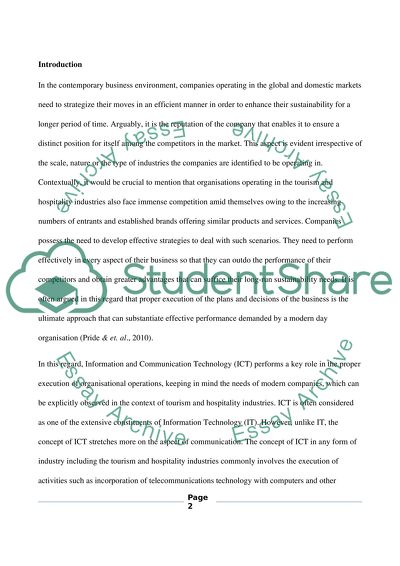Cite this document
(“Critically Evaluate How ICT Is Applied To the Tourism and Hospitality Essay”, n.d.)
Critically Evaluate How ICT Is Applied To the Tourism and Hospitality Essay. Retrieved from https://studentshare.org/tourism/1628652-critically-evaluate-how-ict-is-applied-to-the-tourism-and-hospitality-industries
Critically Evaluate How ICT Is Applied To the Tourism and Hospitality Essay. Retrieved from https://studentshare.org/tourism/1628652-critically-evaluate-how-ict-is-applied-to-the-tourism-and-hospitality-industries
(Critically Evaluate How ICT Is Applied To the Tourism and Hospitality Essay)
Critically Evaluate How ICT Is Applied To the Tourism and Hospitality Essay. https://studentshare.org/tourism/1628652-critically-evaluate-how-ict-is-applied-to-the-tourism-and-hospitality-industries.
Critically Evaluate How ICT Is Applied To the Tourism and Hospitality Essay. https://studentshare.org/tourism/1628652-critically-evaluate-how-ict-is-applied-to-the-tourism-and-hospitality-industries.
“Critically Evaluate How ICT Is Applied To the Tourism and Hospitality Essay”, n.d. https://studentshare.org/tourism/1628652-critically-evaluate-how-ict-is-applied-to-the-tourism-and-hospitality-industries.


